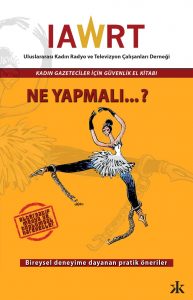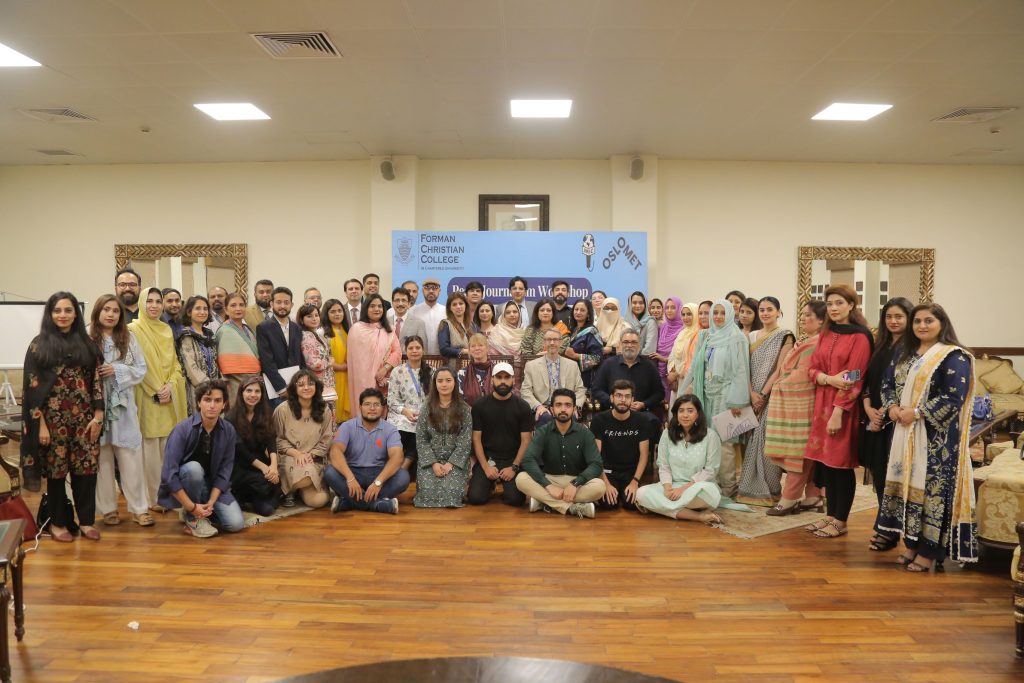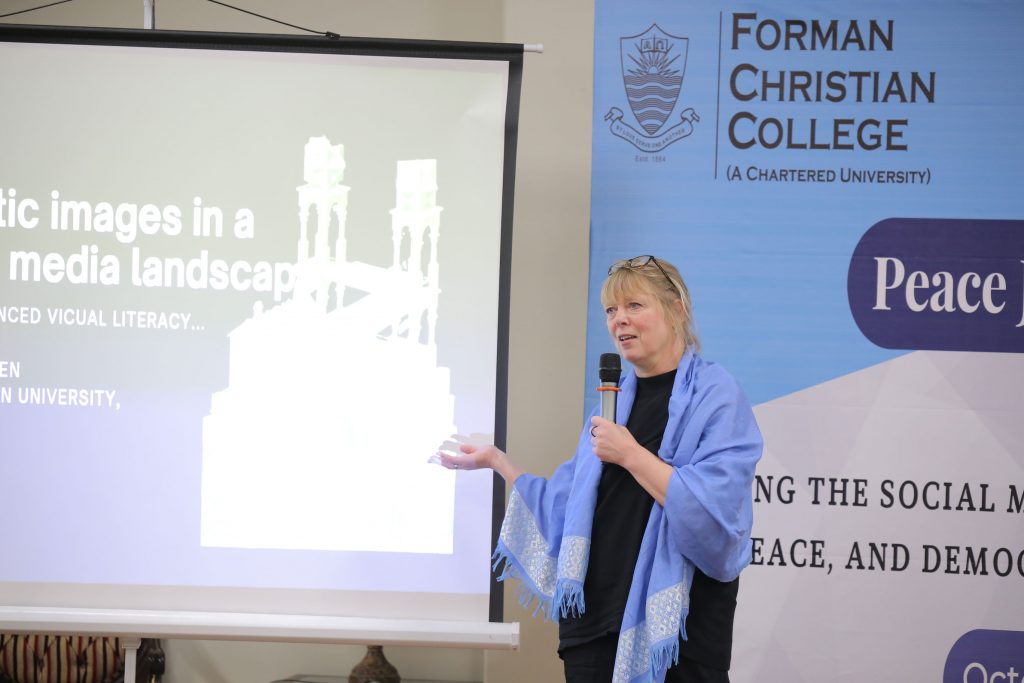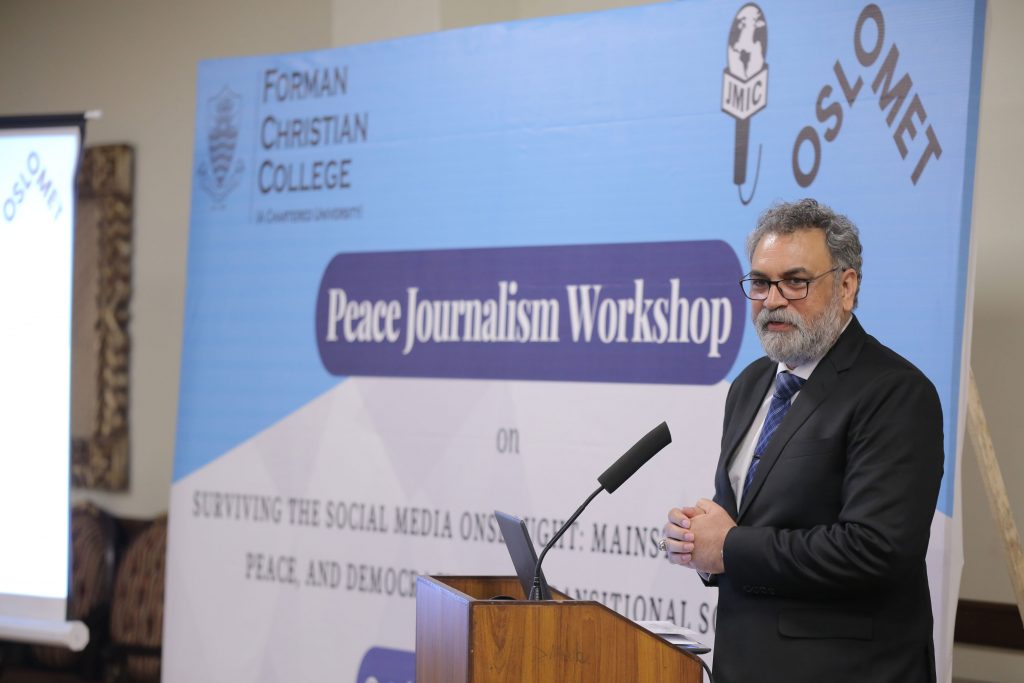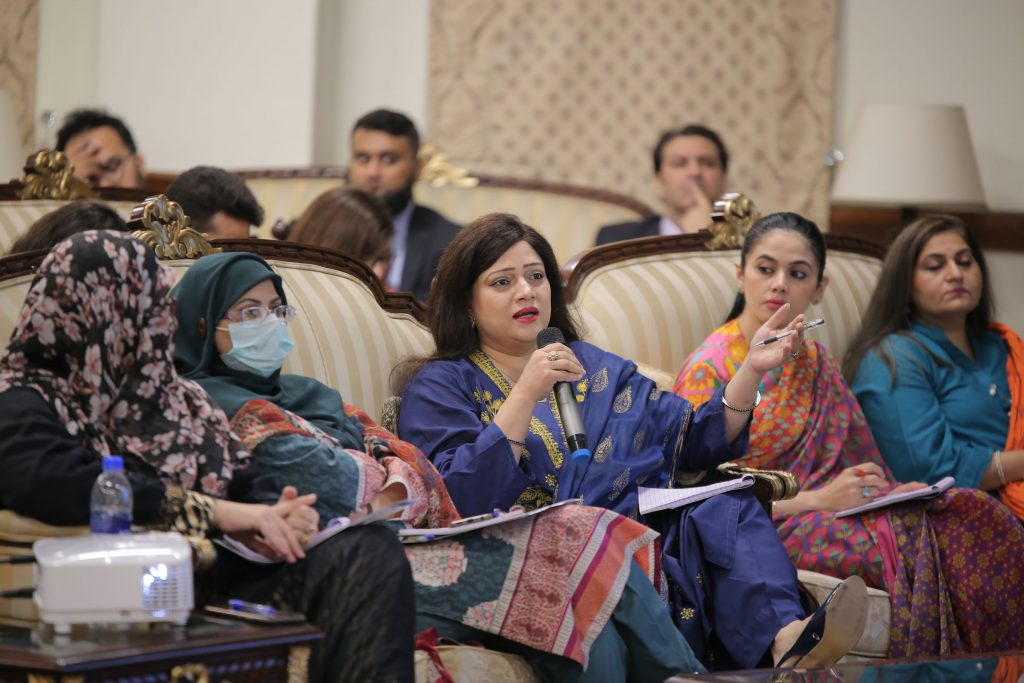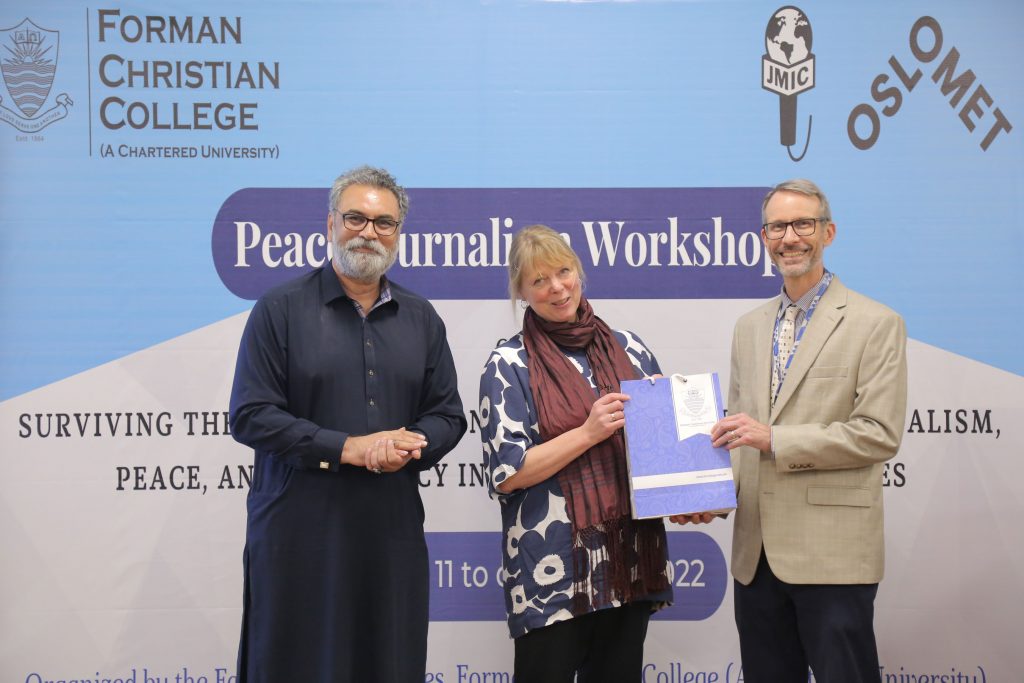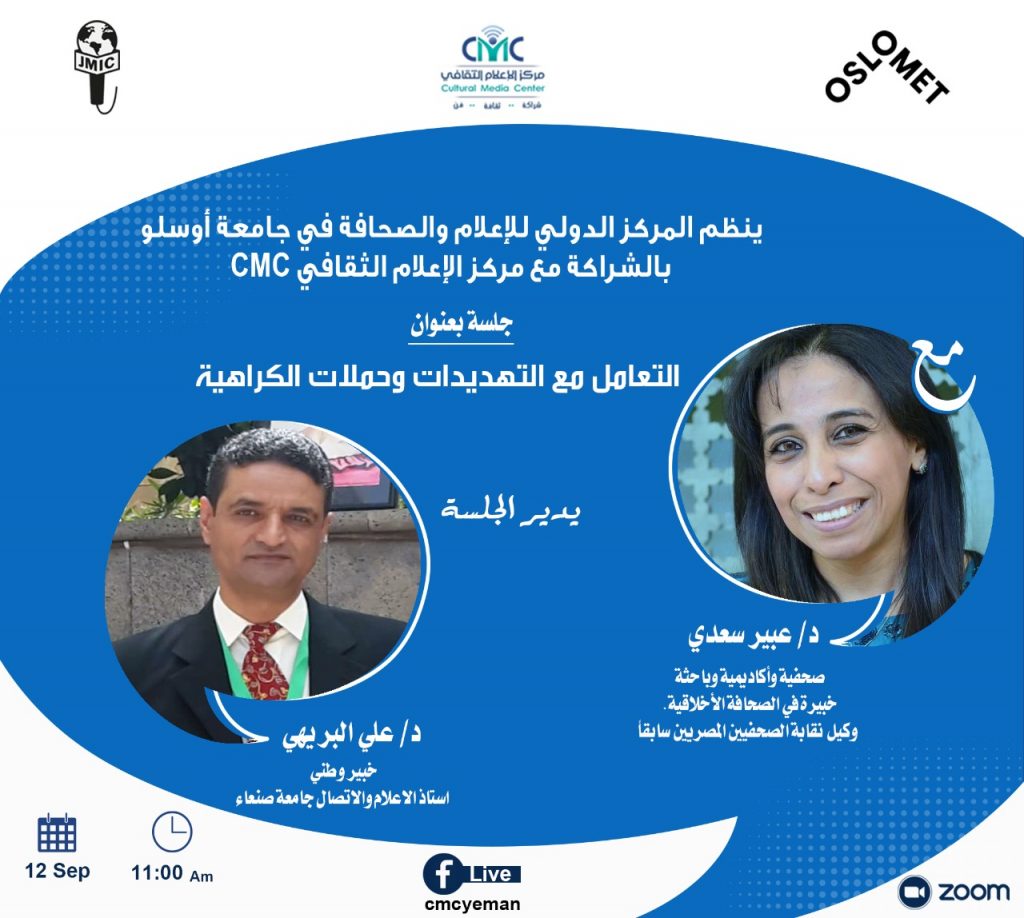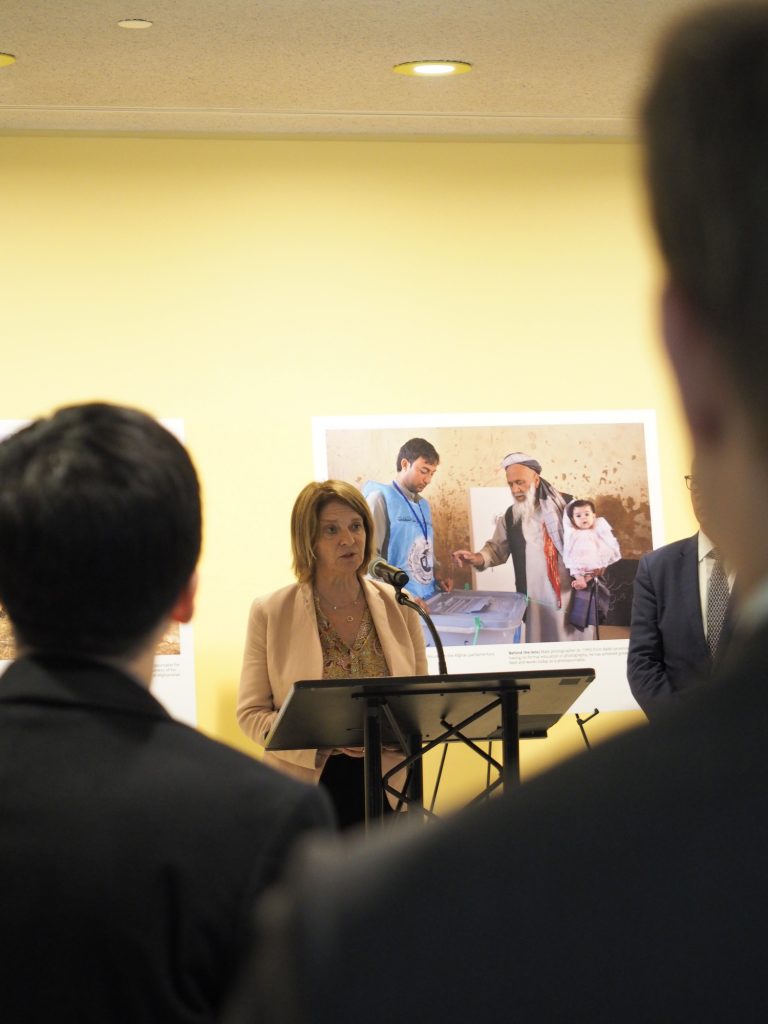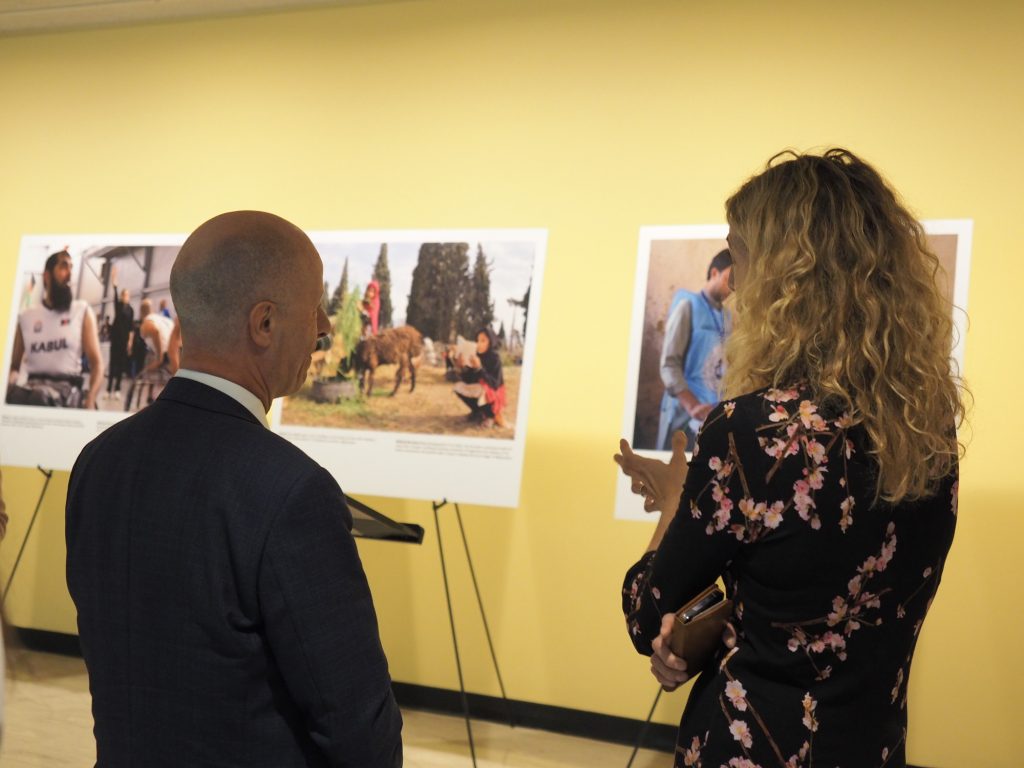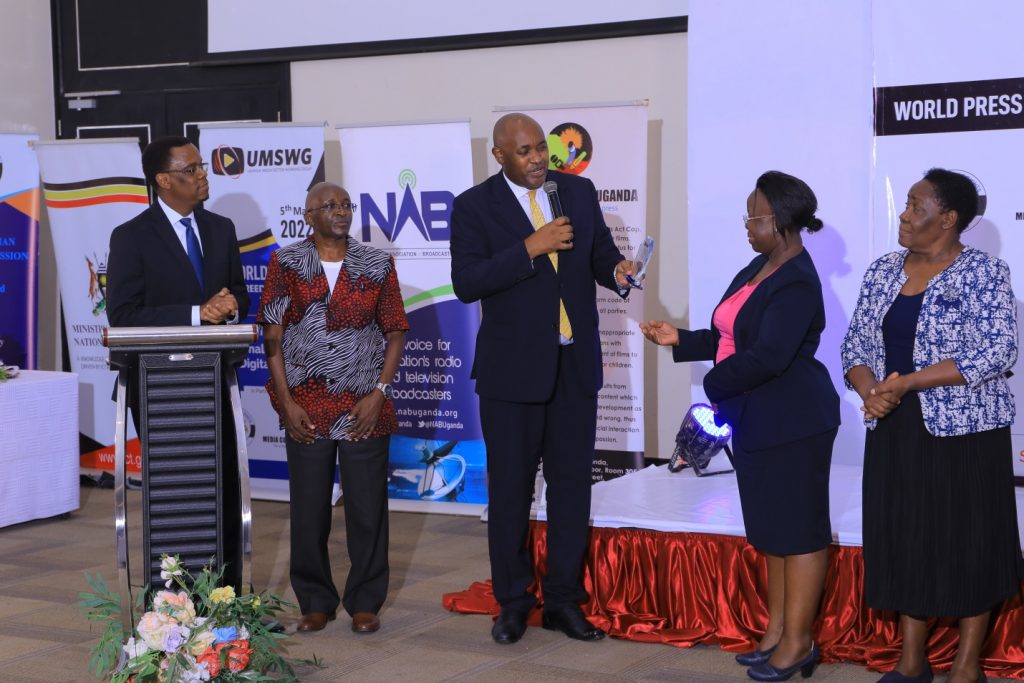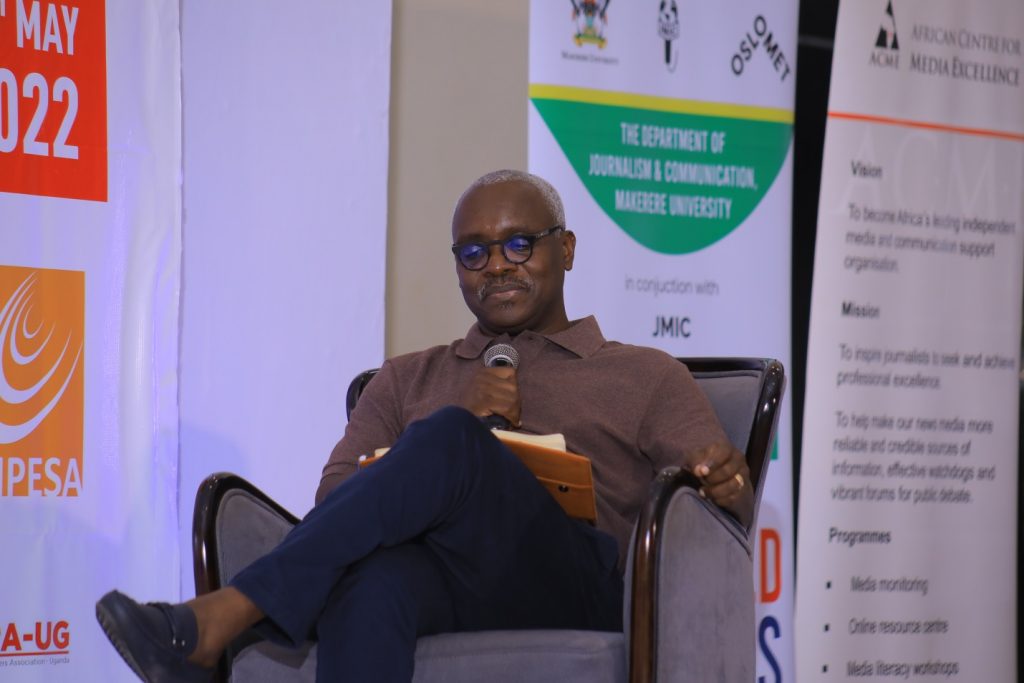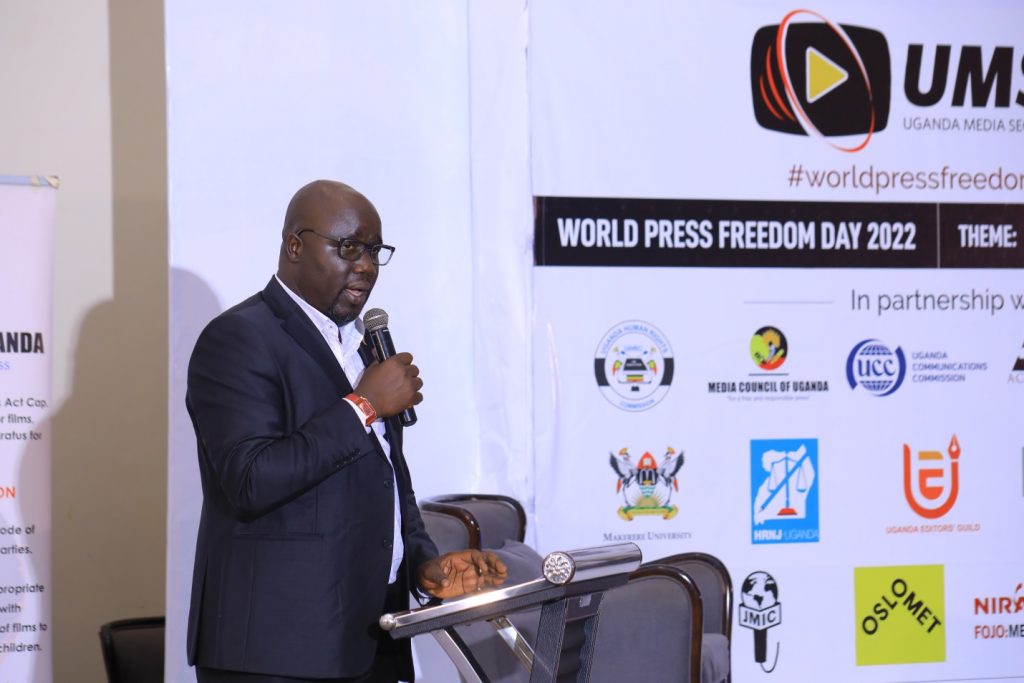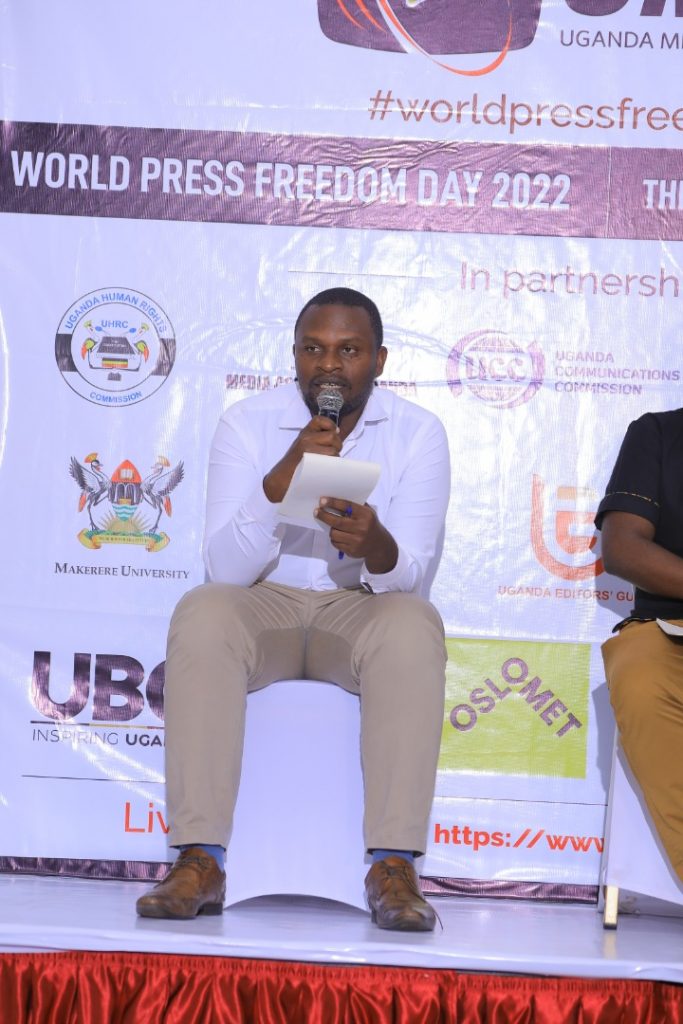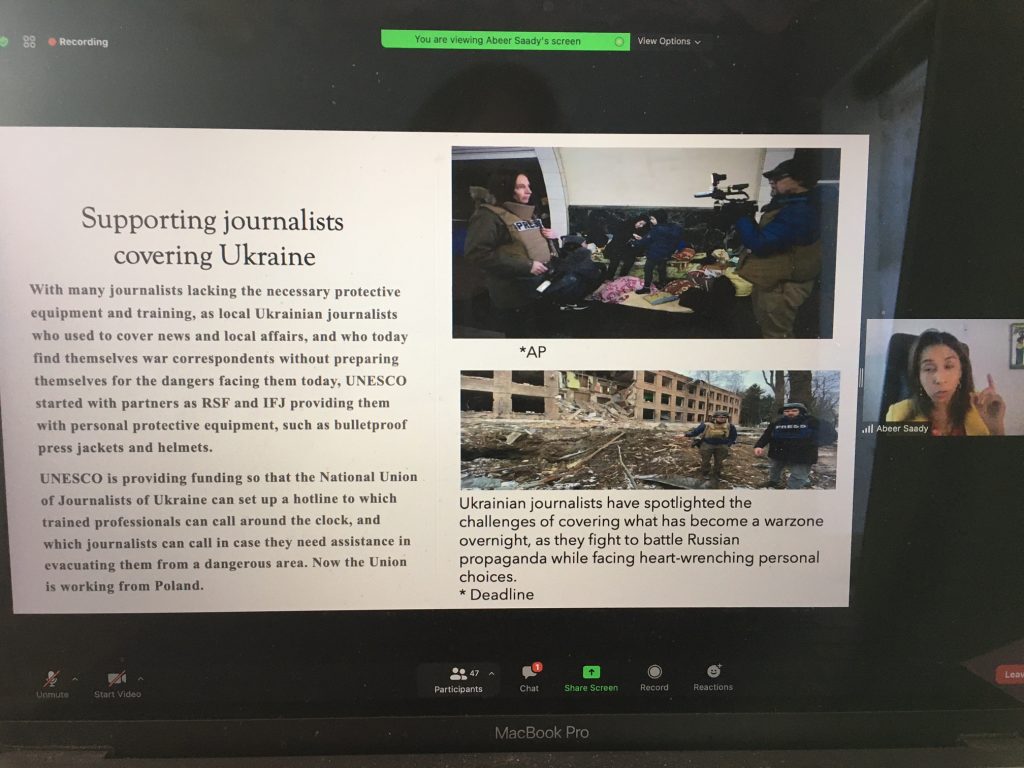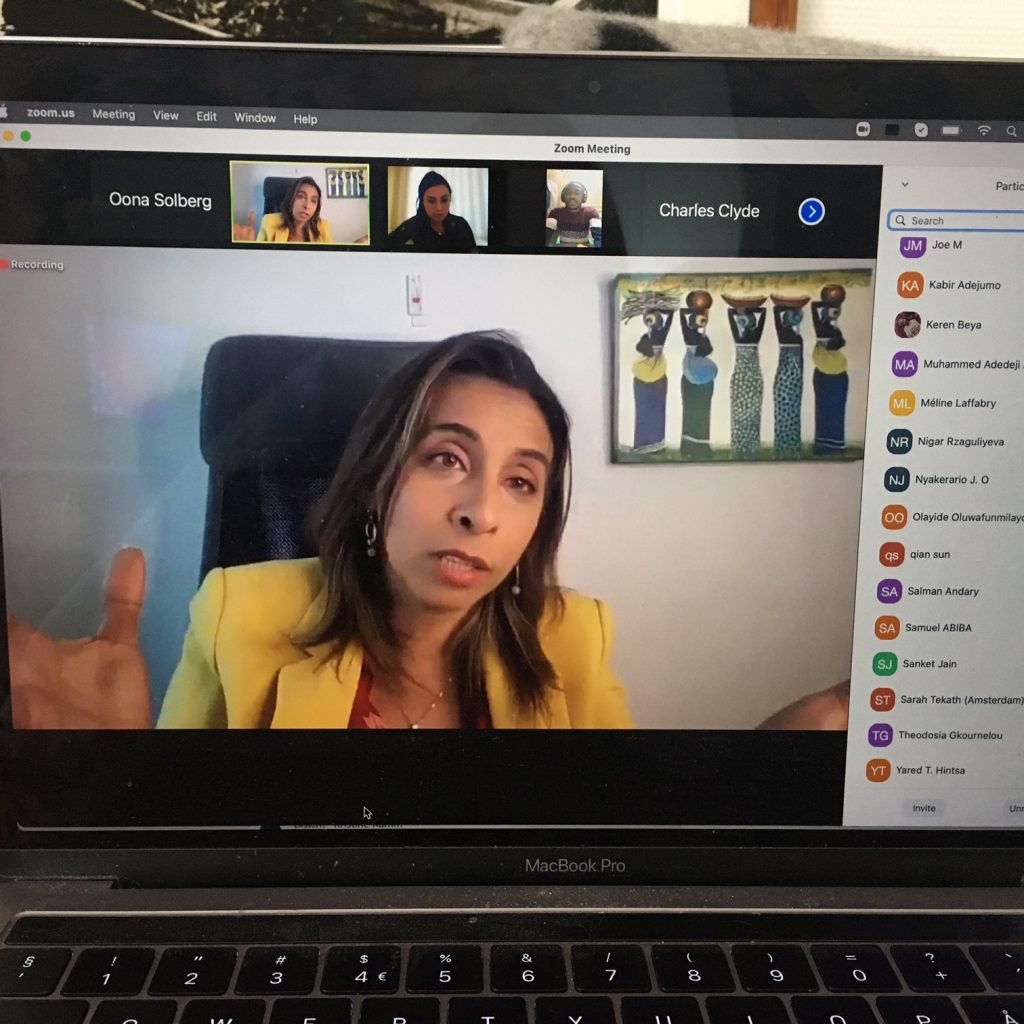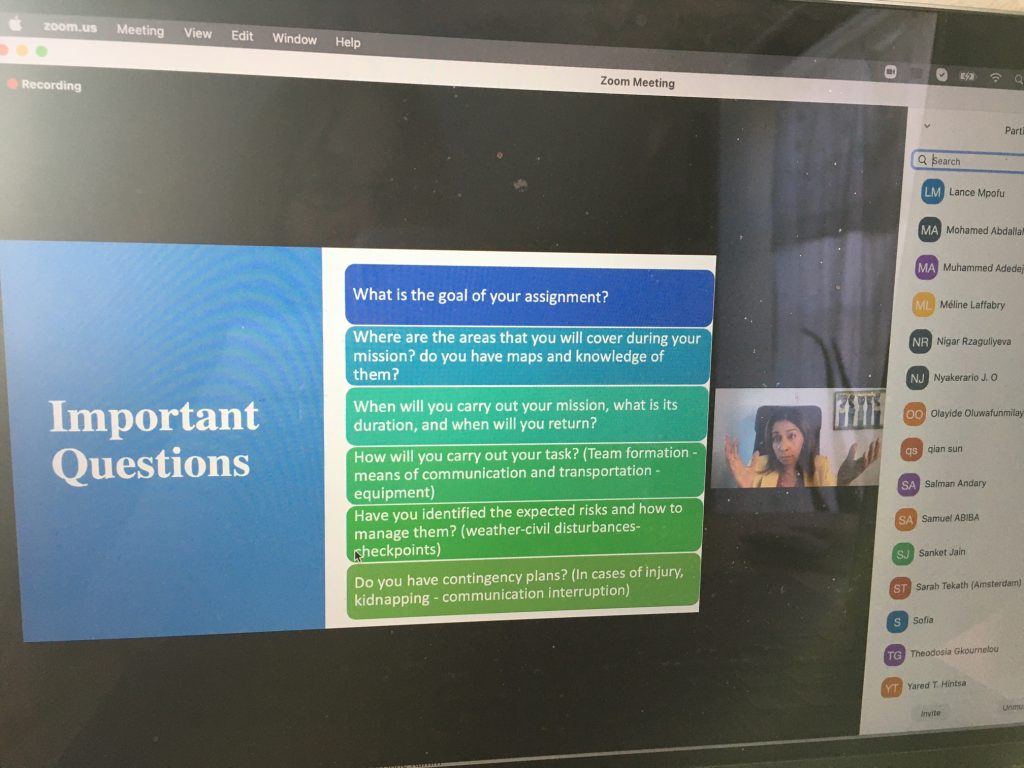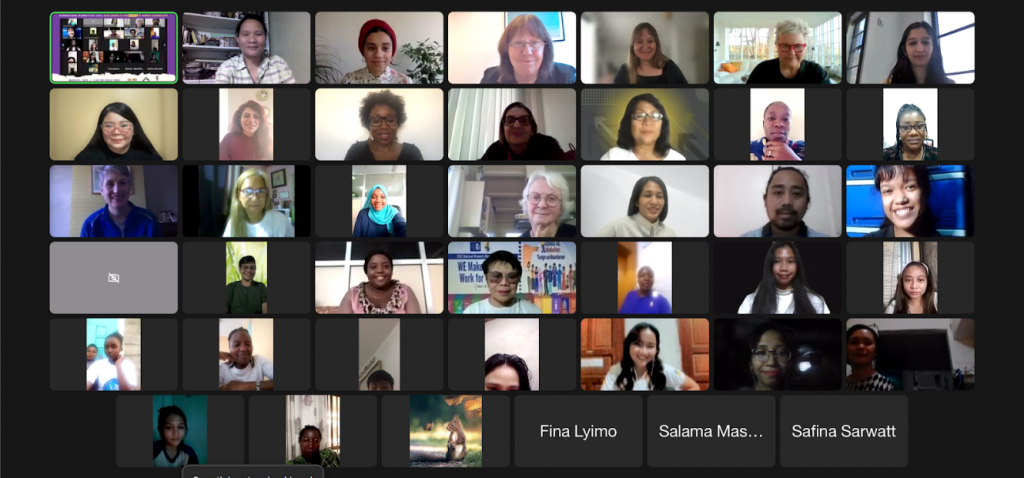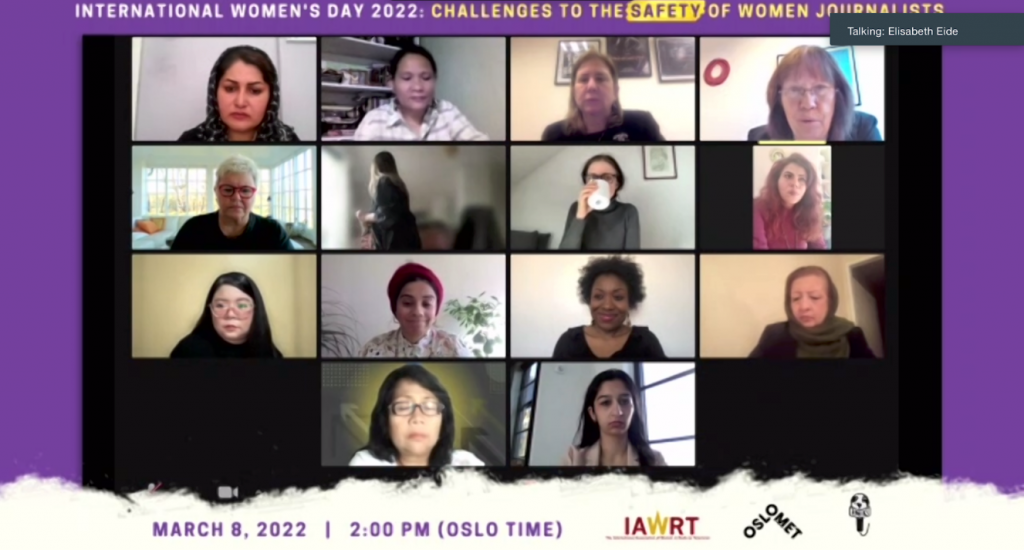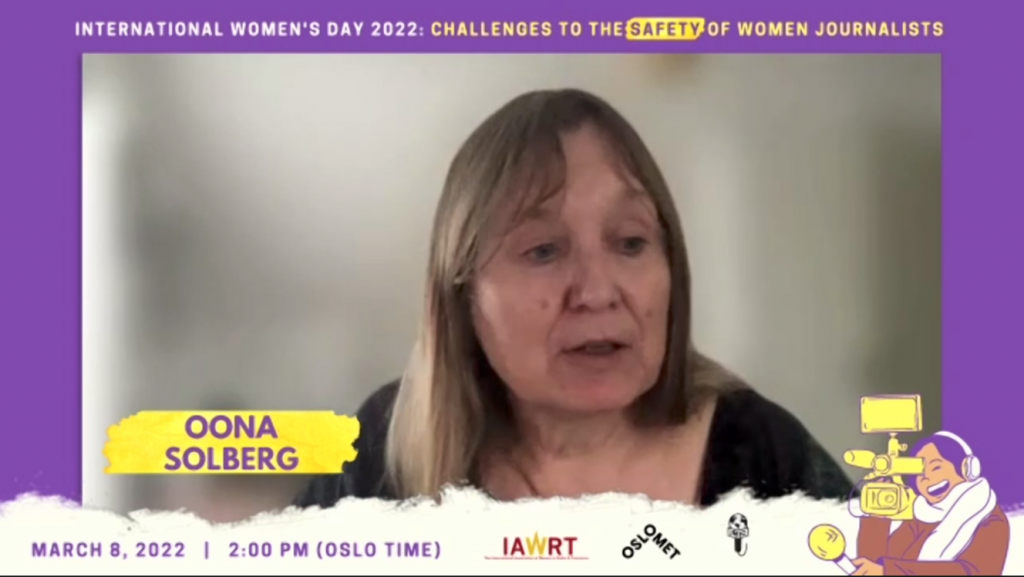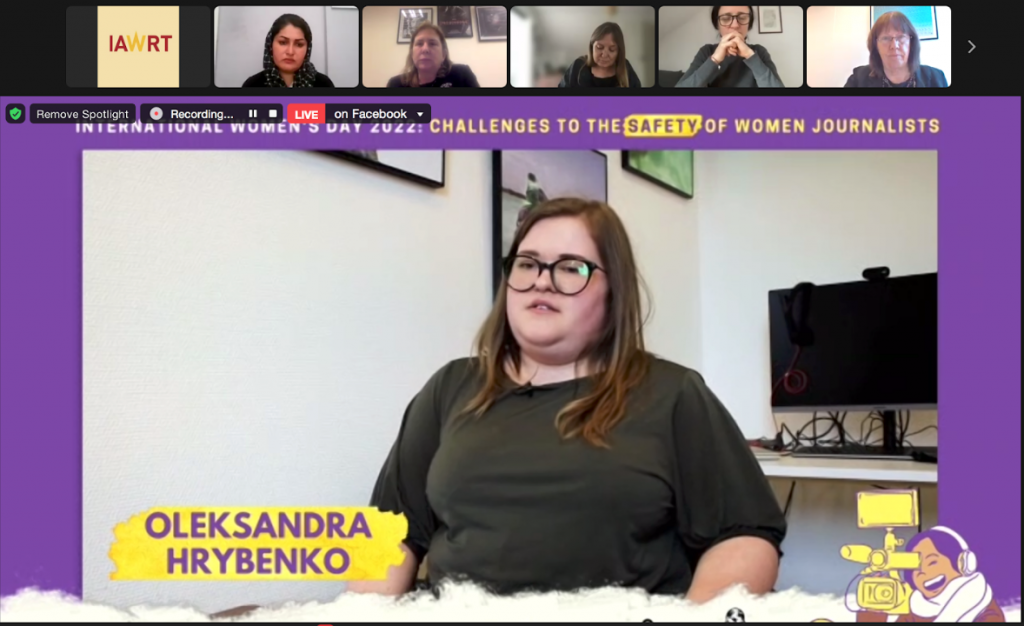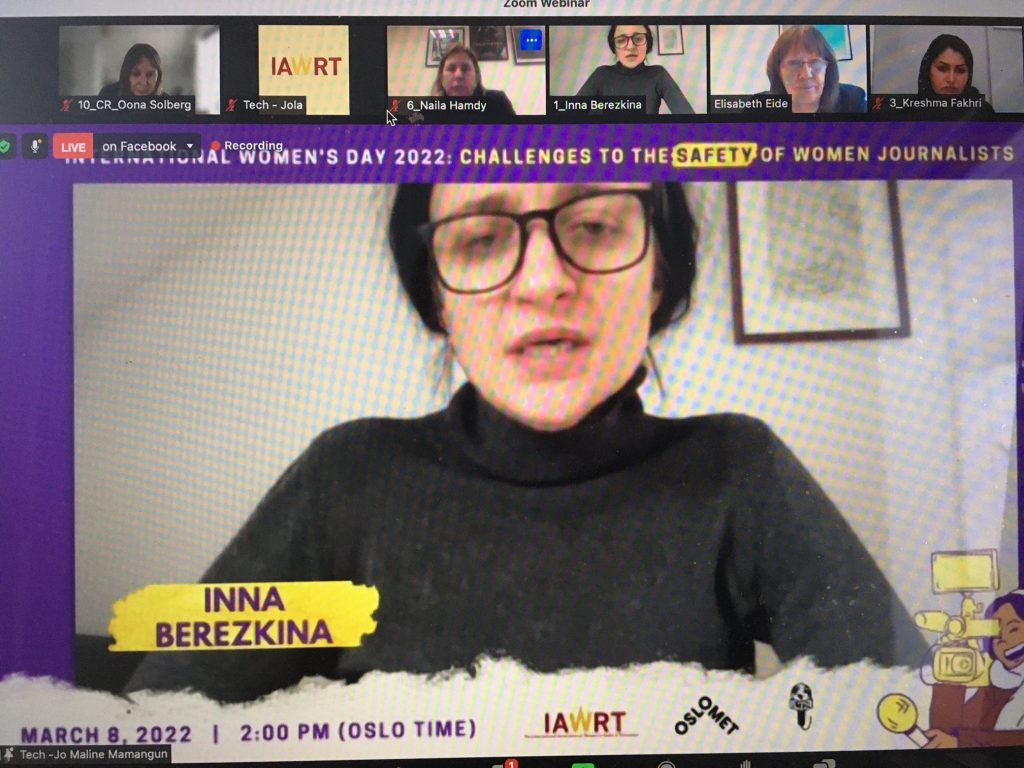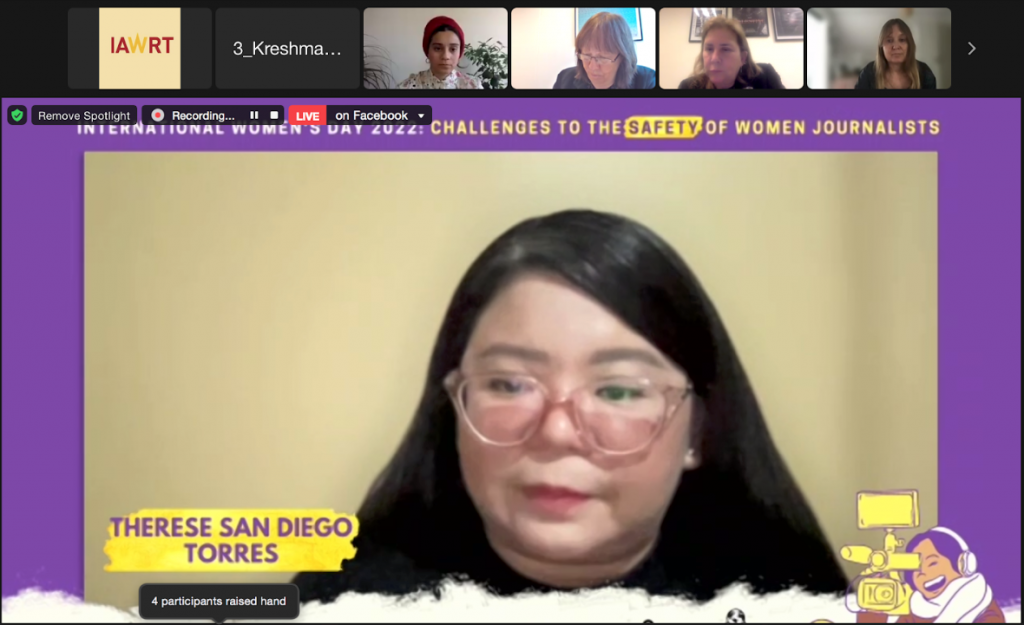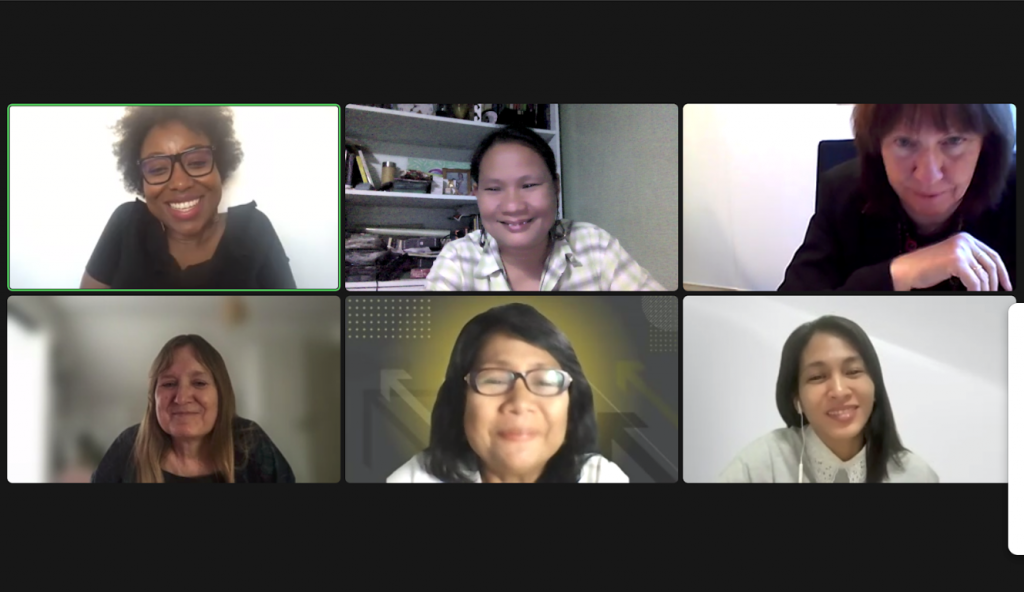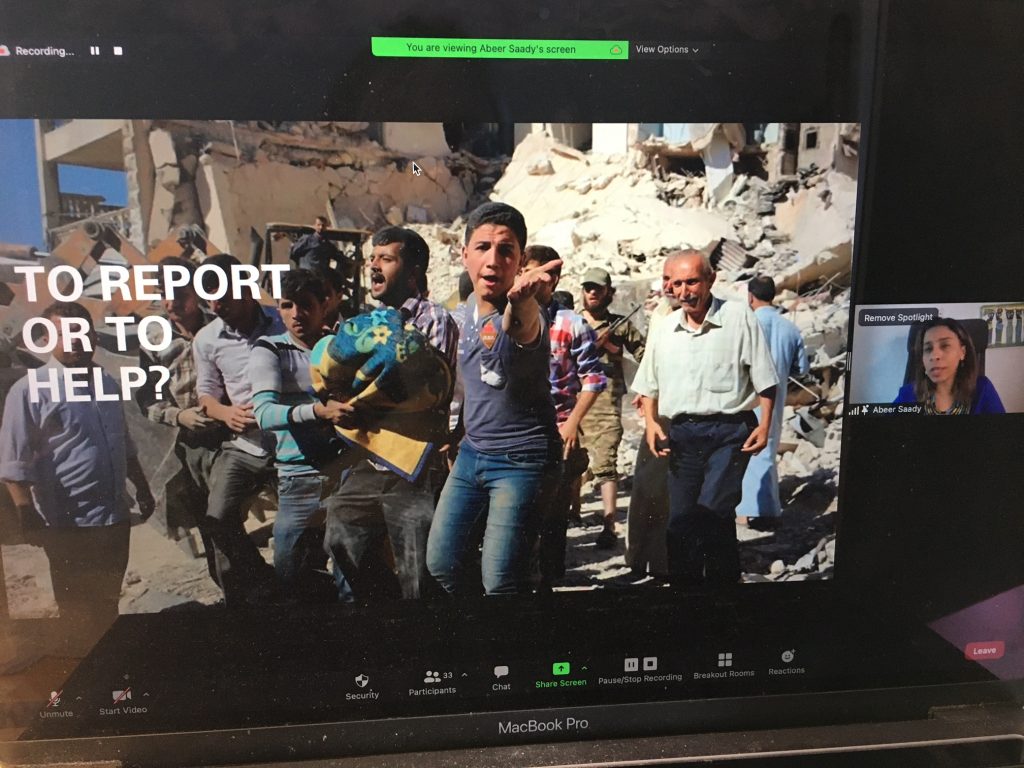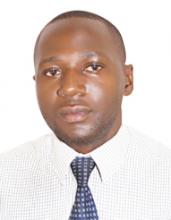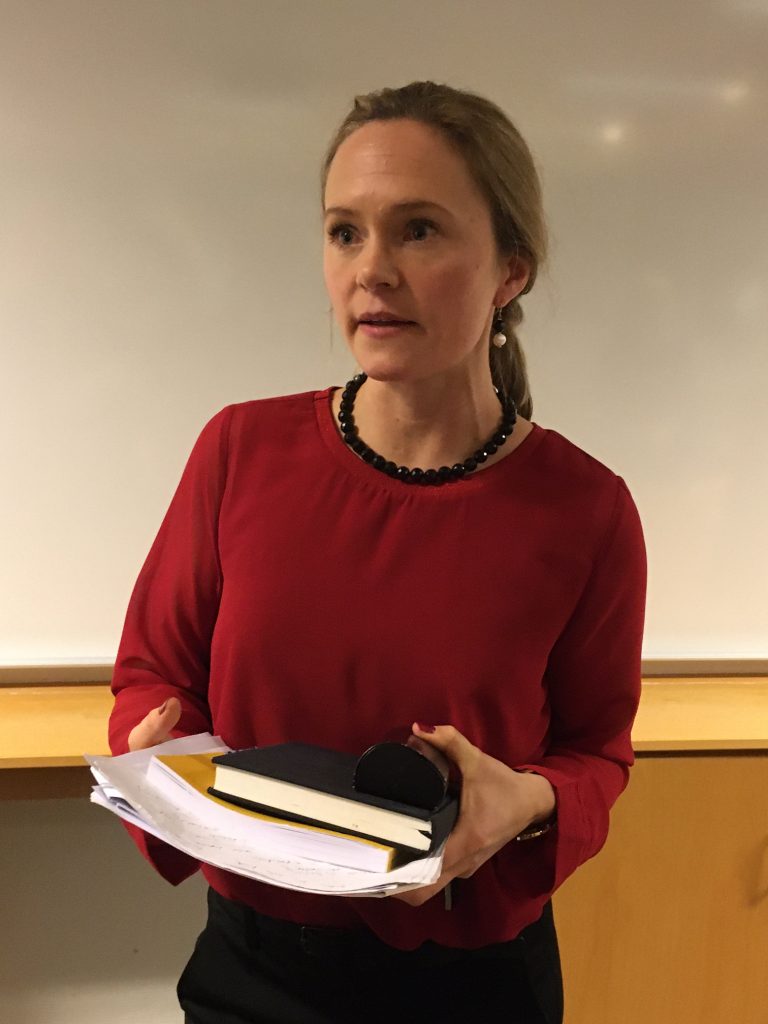Interactive safety training
By Bora Ataman and Baris Coban
“Safety of Journalists Training Program” was held in Istanbul on October 15-16, in cooperation with TOVAK (Turkish Social Services Foundation), TGS (The Journalists’ Union of Turkey) and JMIC-OsloMet.
The first day of the training was entirely allocated to Abeer Saady, one of the distinguished international safety experts working with JMIC. In a total of 4 sessions, interactive training content on how to stay away from violence and how journalists can protect themselves, and the risks and threats that reporters frequently face were discussed.
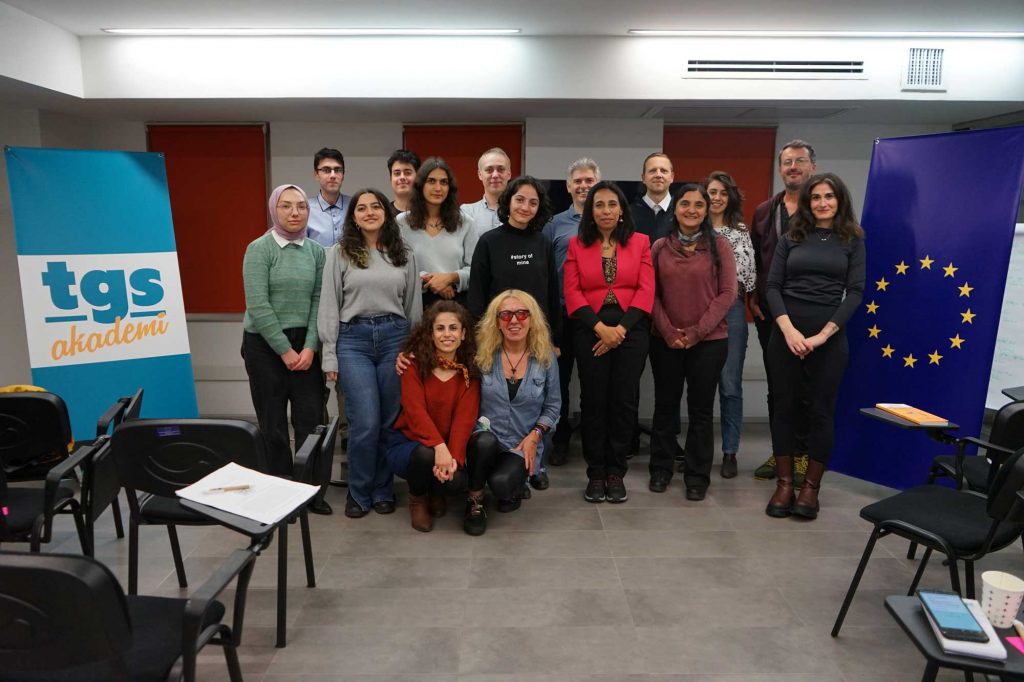
On the second day of the training, how journalists can also protect their mental health when applying for psychological support, and legal aspects of journalism safety and digital security were discussed in 3 separate sessions. All sessions had content covering both the offline and online safety of journalists.
The lessons were very productive thanks to the hands-on training method that allowed the participants to share their experiences and learn from each other. At the end of the 2-day training, most of the participants said that they found the training very satisfying, with reference to the awareness they gained on journalism safety and the practical knowledge they gained. In addition, they stated that they wanted to cover all their deficiencies in this regard with more detailed, longer-term training in the near future.
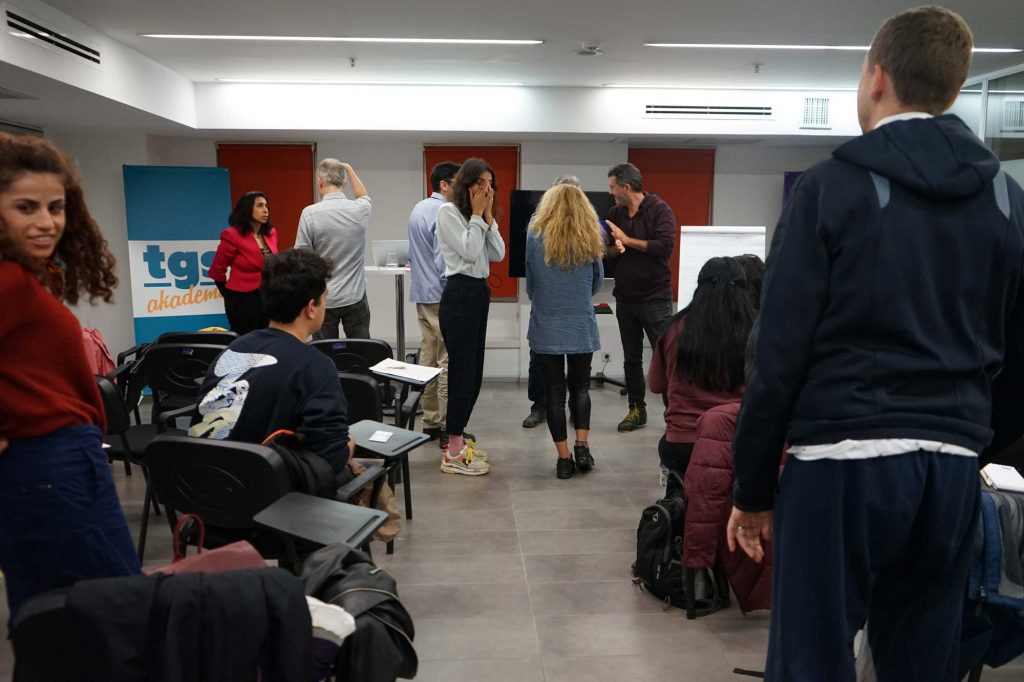
The safety handbook “What if…” by Abeer Saady is translated to Turkish. Abeer Saady was asked to do a safety training in Turkey when the book was launched by TGS before the summer, and she is invited back again.
Book link:
https://www.kafkakitap.com/kitap/kadin-gazeteciler-icin-guvenlik-el-kitabi-ne-yapmali/
Download link:
The Safety Handbook translated to Turkish
